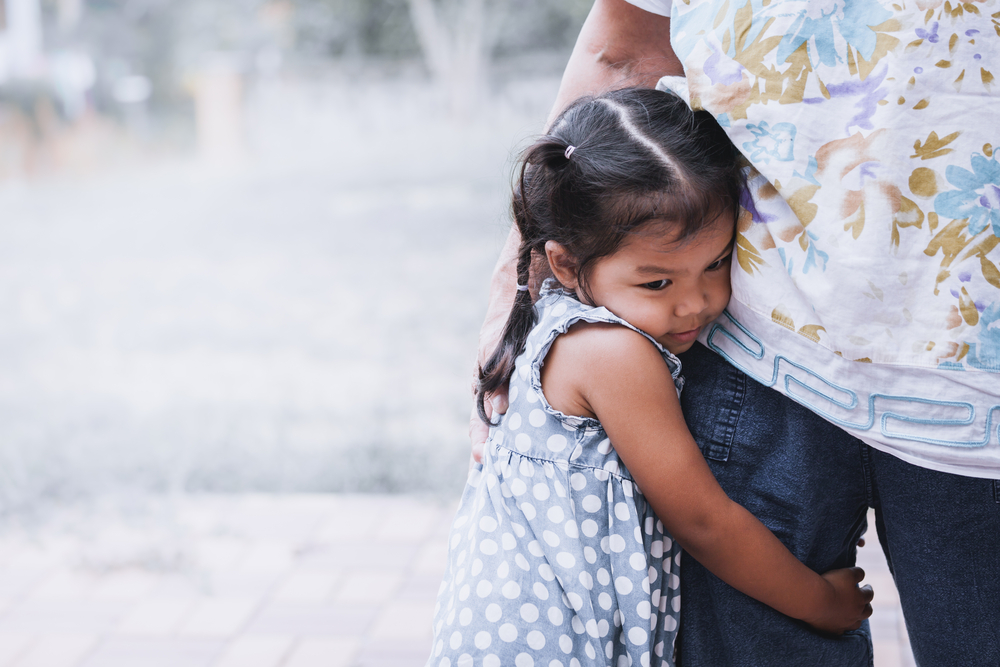

Written by: Hong Kong registered psychologist, Ching Wai Keung
When discussing the formation of attachment, it is not difficult to observe that children, from infancy (approximately from birth to two years old), already exhibit feelings of anxiety, including stranger anxiety and separation anxiety. These anxieties typically begin to appear between six months and one year of age. This time, we will focus on discussing stranger anxiety.
Simply put, stranger anxiety is what parents often refer to as fear of strangers, and the behaviors derived from it are what we commonly call “recognizing people.” The intensity of fear of strangers can vary; mild cases may only show reluctance to be held by strangers or avoidance of strangers’ gazes, while severe cases can involve extreme discomfort or even crying loudly just from a stranger’s glance.
Firstly, I must explain that under normal circumstances, fear of strangers should be seen as a positive developmental signal, indicating that the child is capable of distinguishing between caregivers and others. Parents should not be overly concerned.
Secondly, an infant’s reaction to strangers often changes depending on the external environment, including the current objective environment, the stranger’s actions towards the infant, the distance between the infant and their primary caregiver, and the caregiver’s reaction to the stranger (Keltenbach, Weinraub, & Fullard, 1980). For example, if the primary caregiver interacts with the stranger in a positive manner, using friendly speech and tone, the child’s response is likely to be more positive as well (Feinman & Lewis, 1983).
Therefore, if parents want to reduce their child’s anxious behaviors when facing strangers, they can start by modifying their own behaviors. When interacting with others, they can increase their smiles, be more proactive, improve their tone of voice and body language. Don’t forget that parents are the lifelong teachers of their children! Of course, parents do not need to rush to change the behavior of infants and toddlers in a short time. As they develop the ability to self-regulate, their performance in managing anxiety may greatly improve!
The emotion of fear of strangers actually follows us throughout our lives. Are you able to speak freely in front of strangers? Do you feel anxious during job interviews? Therefore, a little anxiety is normal. The most important thing is how we can improve our performance when anxious.